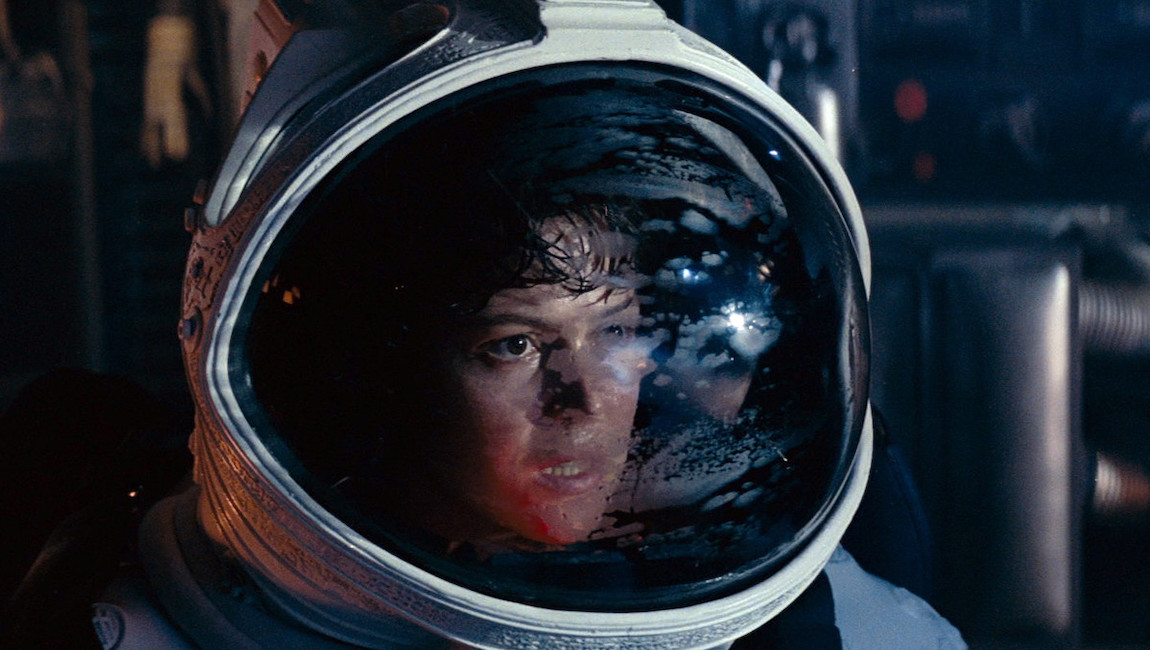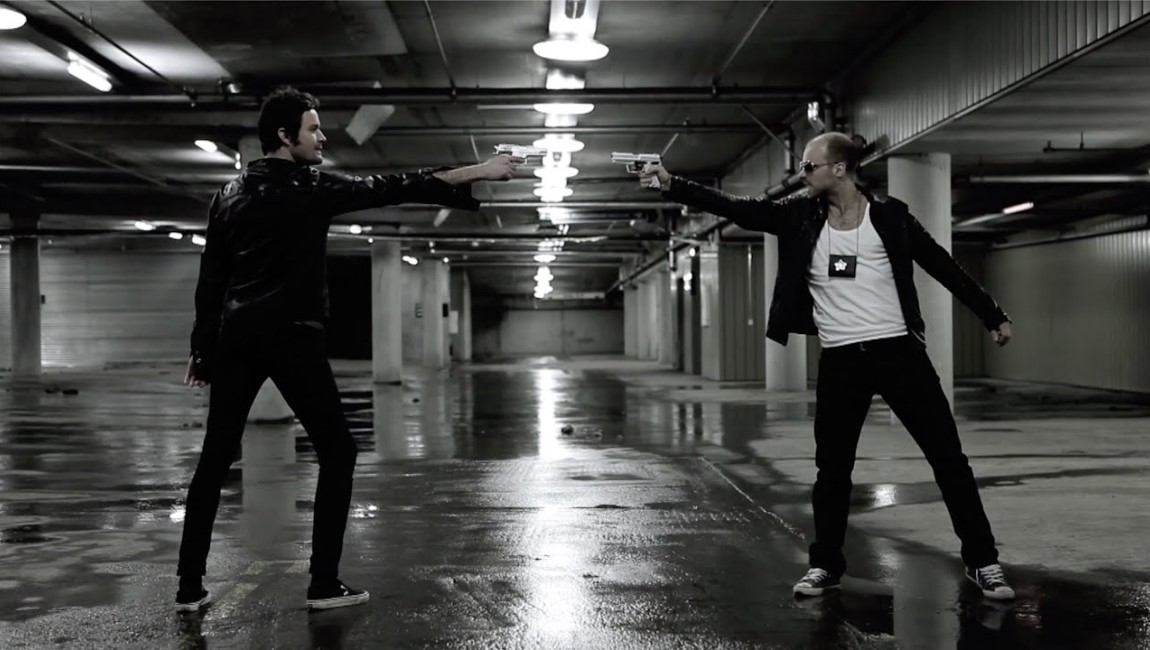Ridley Scott’s Alien is celebrating its 40th anniversary, and so here comes Memory: The Origins of Alien. Part behind-the-scenes featurette, part essay film, one wishes it were a little more unique. As is, it’s a serviceable video essay, reasonably well-organized and featuring a few genuine insights into the film from writer/director Alexandre Philippe. But at this point, Alien has to be one of the most scrutinized films of all time, certainly up there with Star Wars and Wizard of Oz as pop culture touchstones, and every aspect of their history and production has been pored over ad nauseam. 20th Century Fox (now, of course, absorbed into the Disney monolith) has beaten Scott’s film into the ground, releasing so many home video versions over so many formats and in so many box sets that one could conceivably own a dozen copies of the movie. Memory can’t help but cover some of the same material, even including interview footage originally used in the exhaustive, nearly three-hour The Beast Within: The Making Of Alien, which has been attached to Alien releases on home video since at least 2003. Memory doles out all of the same history, featuring archival interviews with (now deceased) screenwriter Dan O’Bannon, as well as new interviews with Ronald Shusett and O’Bannon’s widow, Diane.
This early history stuff is well known, and is mostly a few different writers (including David Giler and Walter Hill, neither featured here but frequently mentioned) jockeying for the most credit. There are also the standard assortment of talking heads, including a couple of academics and TCM’s Ben Mankiewicz, who’s easy going, casual on-screen demeanor and camera-loving comfort throws everyone else’s slight discomfort into sharper relief. The bottom line is that assigning various elements of Alien’s cultural impact to ‘Jungian signifiers’ and the ‘collective unconscious’ while trotting out the same platitudes for Giger’s unique sexy-robot-insect-vagina aesthetic is annoyingly vague (more interesting is a kind of mini-narrative that erupts about Francis Bacon, as we get a brief tour of his best known paintings and how they visually relate to the chest-burster scene). Memory is most interesting when it focuses on the nitty gritty of filmmaking, correlating various ideas and ideologies to the actual visual language that winds up on screen, and addressing how camera movement, composition, and editing assign meaning in a formal sense. These seem like more worthwhile avenues for investigation, and Ridley Scott talking about what kinds of lenses he was using and why, the intricacies of the set design, and the aesthetics of using a hand-held camera (but not shaking it) are infinitely more edifying than some bland academia about ancient Egyptian mythology. The final result is a mixed bag, but deep fans thirsty for another documentary about Alien will find this mostly worthwhile and, at only 90 minutes, welcomingly concise.
Published as part of October 2019’s Before We Vanish.







